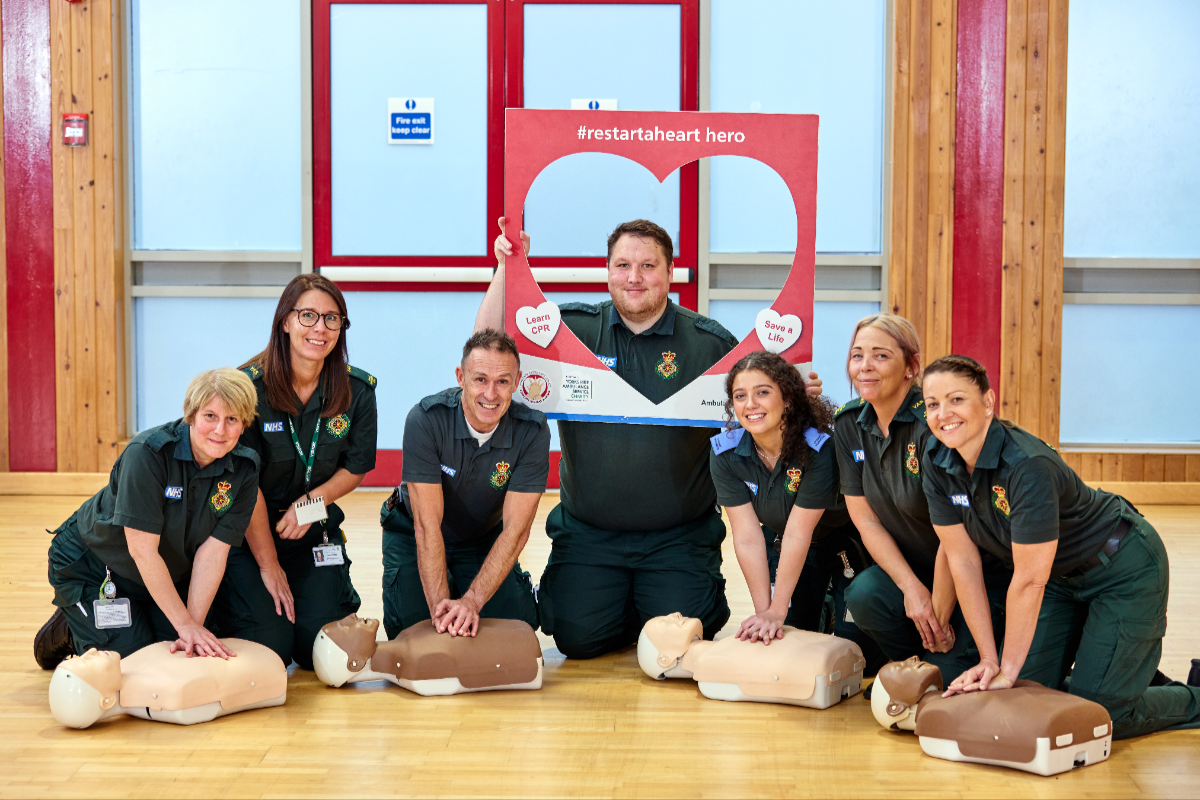
Yorkshire Ambulance Service (YAS) is introducing anatomically correct female manikins into its training sessions for the first time during this year’s Restart a Heart Day, aiming to tackle the public stigma and hesitation associated with performing life-saving assistance on women.
The campaign, which takes place on Thursday 16 October 2025, will see YAS equip more than 40,000 students across the region with CPR skills. More than 800 off-duty ambulance staff and volunteers are set to visit 180 secondary schools to deliver the mass training.
Among the students learning these skills are those attending schools in Scarborough, Whitby, Bridlington, and Hornsea. The importance of learning CPR is also being promoted by local figures, such as Scarborough gym instructor David Mort, who provided chest compressions in two separate incidents within the same week.
The introduction of the new female manikins is a direct response to research indicating a significant disparity in bystander intervention based on gender.
Jason Carlyon, Community Engagement Manager with Yorkshire Ambulance Service, explained that the inequality stems largely from fear:
"We're using some anatomically correct female torso mannequins.
There's research that shows that women are about a third less likely to receive CPR compared to men.
And this inequality really just comes from a fear. One, fear of exposing breasts. Secondly, fear of allegations of improper touching.
But it's really crucial that people get past this fear. If somebody's in cardiac arrest, they are going to want you to do what you need to do.
And to apply defibrillator pads correctly to a woman, it does mean removing the clothing, removing the bra, and exposing the chest in order to be able to apply the defib pads where they need to be."
Research conducted by St John Ambulance supports this finding, showing that a third of the British public is afraid to give CPR to a woman because of concerns about touching breasts. Furthermore, 38% of Britons surveyed said they would feel uncomfortable using a defibrillator on a woman, noting that the defibrillator pads must be placed on bare skin in the chest area, necessitating the removal of a bra.
YAS confirmed that the technique for administering CPR remains the same for both women and men, but the issue is that women are less likely to receive bystander CPR in public, which can result in lower survival rates. By using anatomically accurate female manikins in training sessions, the service aims to highlight this disparity and normalise CPR on all body types, helping to overcome common hesitation.
Mr Carlyon noted that this is the first time YAS will be using these specific manikins, particularly with students. He expressed confidence that familiarisation will reduce anxiety surrounding the life-saving procedure:
"It's the first time that we'll be using them and it will certainly be the first time that we're using them with students. I think once we've explained the rationale I think people will start to understand and I think it's the same as anything once people get exposed to something on a frequent basis it becomes the norm. So the more that we start using these anatomically correct mannequins they'll become far more familiar with it.
Part of the reason for using those mannequins is to try and get this message across that it's not something that people need to be afraid of. We need get over our own sort of sensitivities and our own worries about that. Because if somebody's in cardiac arrest and ultimately will die if you do nothing, what can you do wrong?"
Since the campaign began in 2014, YAS expects to reach a cumulative total of over 300,000 students this year. Bystander CPR rates across the county have increased dramatically since the mass training started, an increase YAS attributes directly to the training.
The urgency of this training is underscored by the statistic that more than 30,000 people suffer a cardiac arrest outside of hospital in the UK every year, with fewer than one in ten surviving.
Mr Carlyon concluded by acknowledging the impact the training has had:
"What we've seen since we started is bystander CPR rates across the county have increased dramatically.
So we were at a point several years ago where bystander CPR rates, so that's people's willingness to get involved and deliver CPR, a cardiac arrest, were really quite low and that's gone up quite dramatically since we started delivering this mass training, which there's nothing else that we've done that can be attributed to that increase.
So yeah, that's something else to be proud of, but also, I think it's a recognition of how public's perception and public's awareness has changed as well. And we're grateful to the public when they get involved and deliver CPR because it really does make a difference to the chance of survival."
This year's campaign is being supported with the introduction of a new training video created in partnership with Leeds-based digital learning specialists, Dynamic.
Yorkshire Paramedic Tristan Metcalfe, who stars in the video alongside BBC Sport’s Sam Harris, said:
“CPR is really easy to learn and the impact you can have could literally be the difference between life and death for someone.
We are really grateful to Dynamic for developing this fantastic video which shows just how straightforward it is to step in and make the difference in these situations where every second counts.
I'm super proud to be part of helping others to learn this skill and of everyone who is getting involved with Restart a Heart Day. Together, we can help more people be confident to take action and potentially save a life.”
Jason Carlyon says the impact of the Restart a Heart campaign has been enormous since it began in 2014.
"This year we'll be visiting 180 schools across Yorkshire to teach CPR , we expect to reach about 40,000 students, which will take our cumulative total to over 300,000 since we started in 2014.
I think that allied with the fact that the campaign has spread nationally and globally the reach that it's had and the impact that it's had, and we know from real life case studies as well, that we've had an impact because we know of lives that have been saved directly as a result of the training and people who've benefited directly from the training as well.
So it's fantastic to have that knowledge that it's made a difference
Schools taking part in the event today on the Yorkshire Coast are:
Scarborough
- George Pindar School
- Graham School
- Scalby School
- Scarborough Sixth Form College
- Scarborough University Technical College
Whitby
- Whitby School
Bridlington
- Bridlington School Sixth Form
- Headlands School
Hornsea
- Hornsea School and Language College



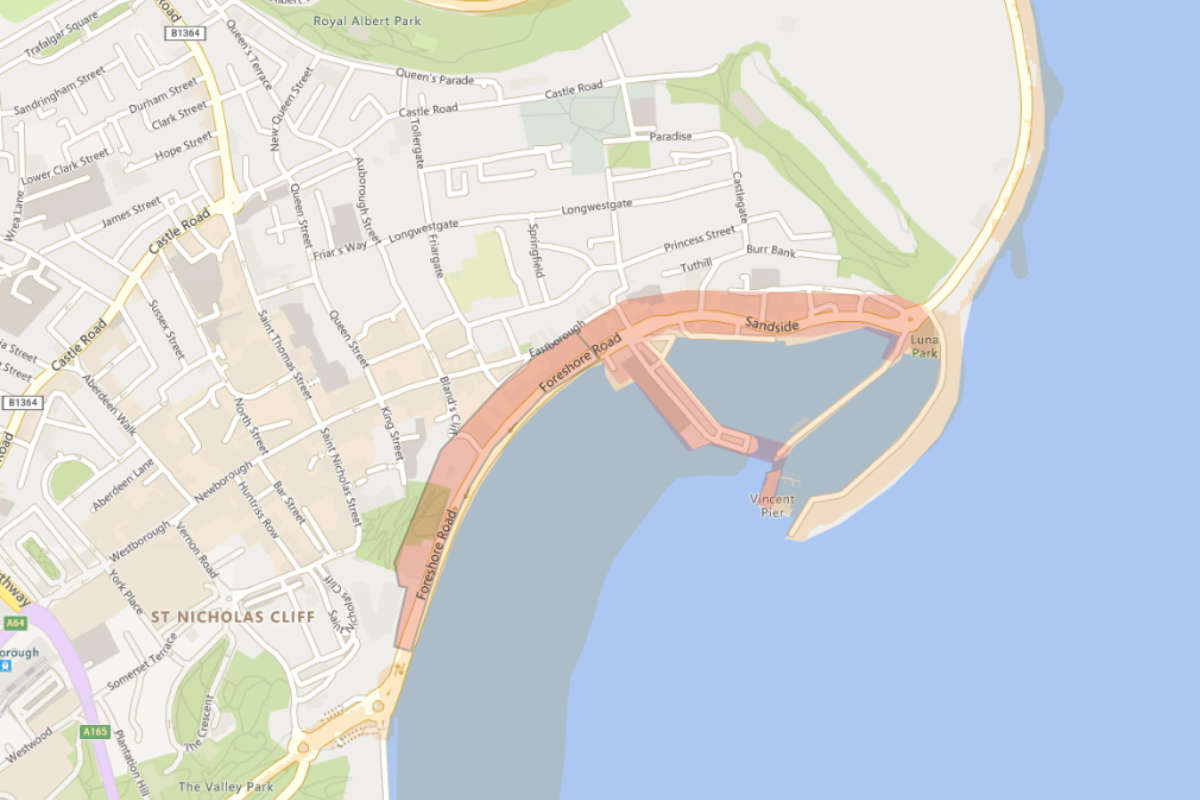 Flood Warnings Issued For Scarborough's Sandside & Foreshore Road
Flood Warnings Issued For Scarborough's Sandside & Foreshore Road
 East Riding Council Facing "Tough Decisions" as New Operating Model Signals Looming Redundancies
East Riding Council Facing "Tough Decisions" as New Operating Model Signals Looming Redundancies
 Location for Scarborough's 400th Anniversary Sculpture Confirmed
Location for Scarborough's 400th Anniversary Sculpture Confirmed
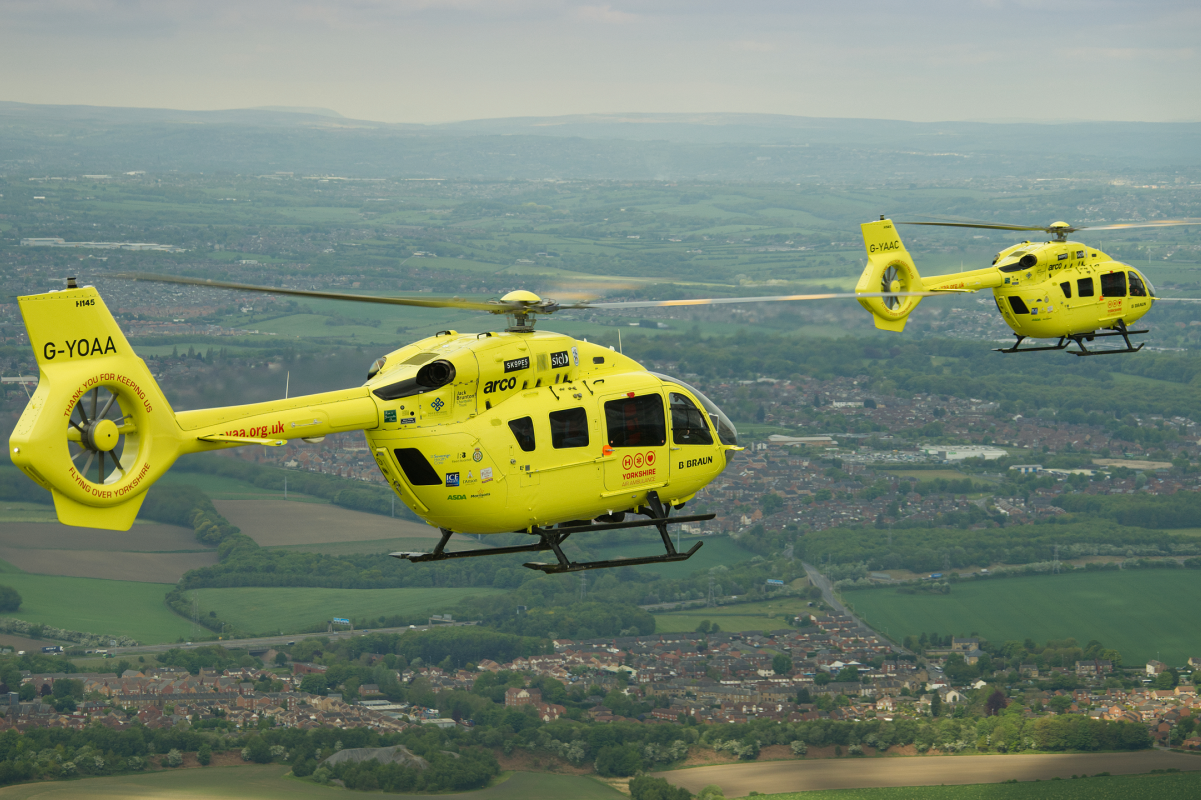 New Chief Exec for Yorkshire Air Ambulance
New Chief Exec for Yorkshire Air Ambulance
 Scarborough and Whitby MP Presses for Burniston Fracking Decision to be Delayed
Scarborough and Whitby MP Presses for Burniston Fracking Decision to be Delayed
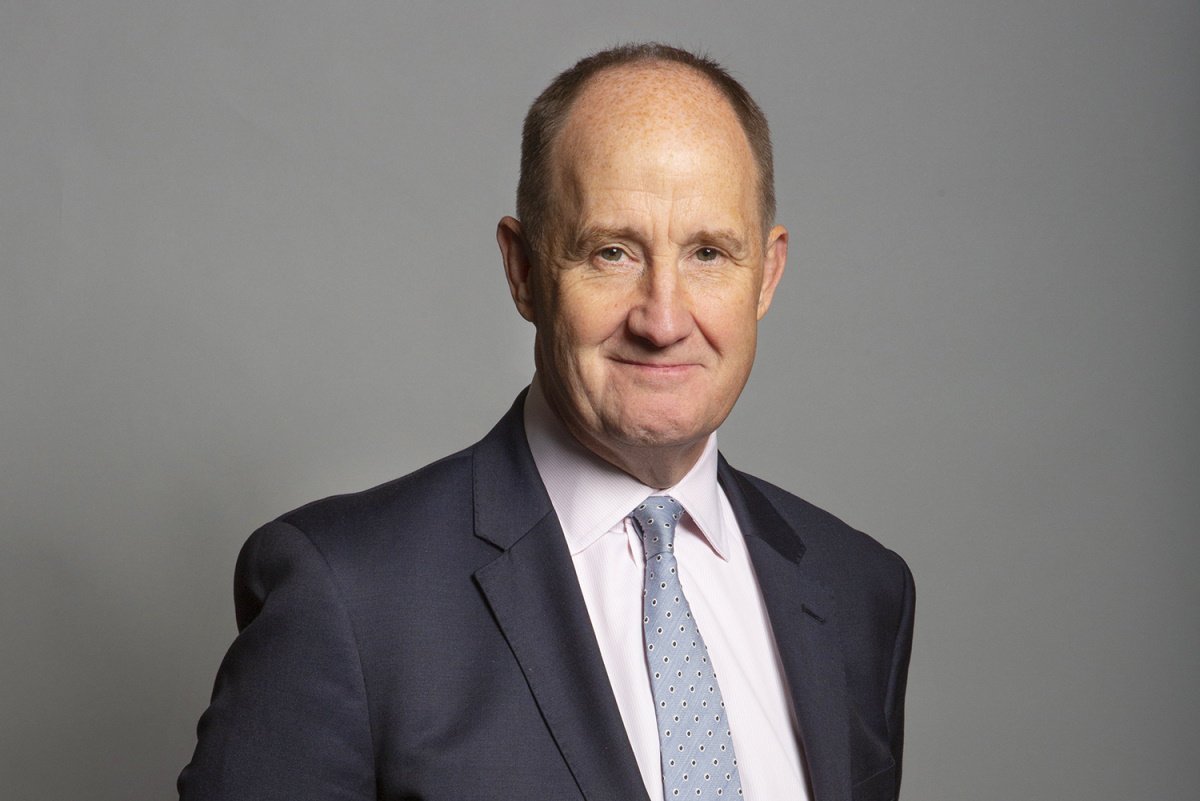 Pickering and Filey MP Criticises Government for ‘Unfair’ Rural Funding Settlement
Pickering and Filey MP Criticises Government for ‘Unfair’ Rural Funding Settlement
 East Riding to Introduce Weekly Food Waste Collections Amid Long-Term Funding Fears
East Riding to Introduce Weekly Food Waste Collections Amid Long-Term Funding Fears
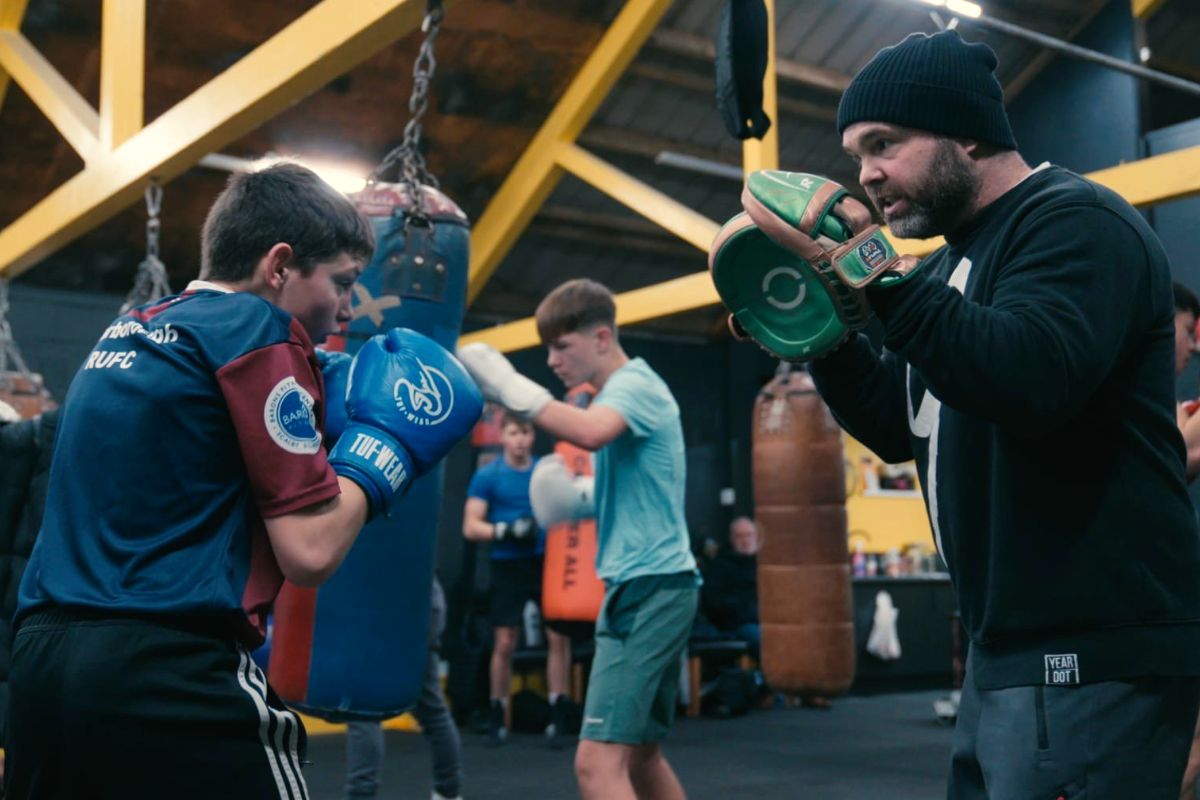 Eastfield Boxing Club Film to Get Scarborough Premiere
Eastfield Boxing Club Film to Get Scarborough Premiere
 Scarborough Athletic Stunned By Minnows in Senior Cup
Scarborough Athletic Stunned By Minnows in Senior Cup
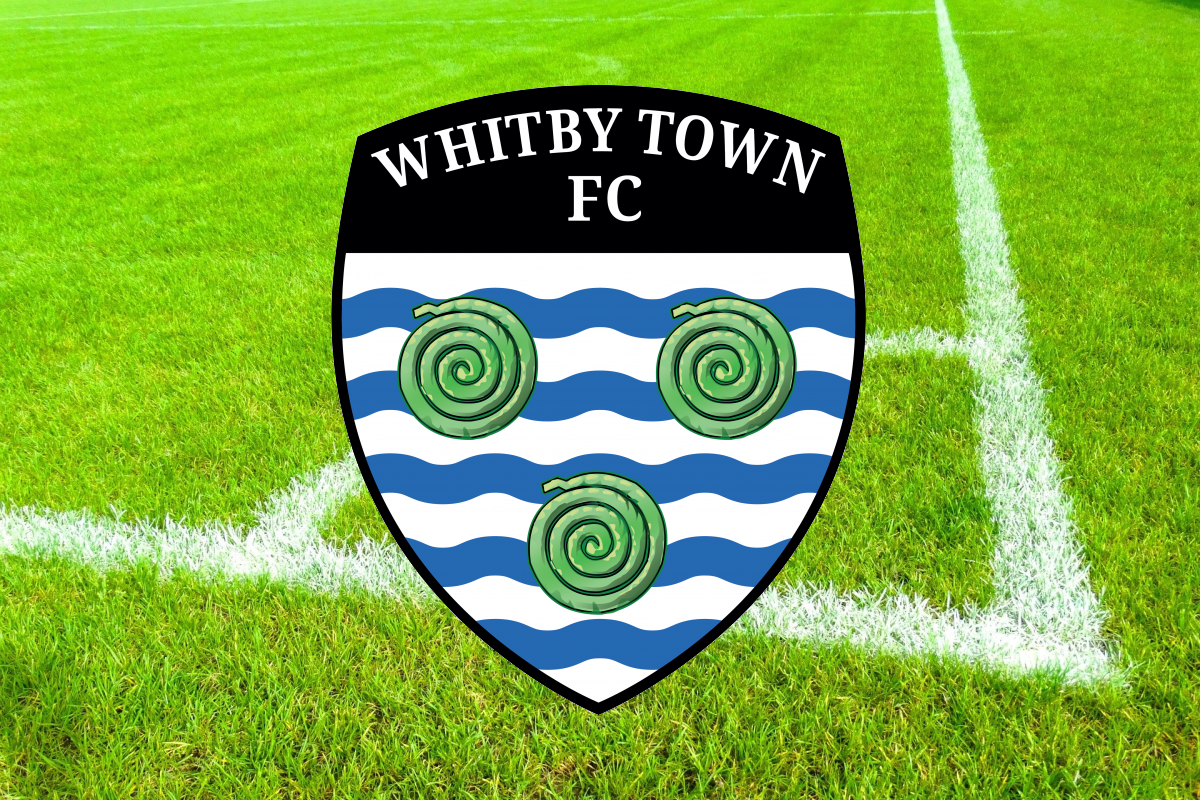 Whitby Town Again Hit By Second Half Slaughter
Whitby Town Again Hit By Second Half Slaughter
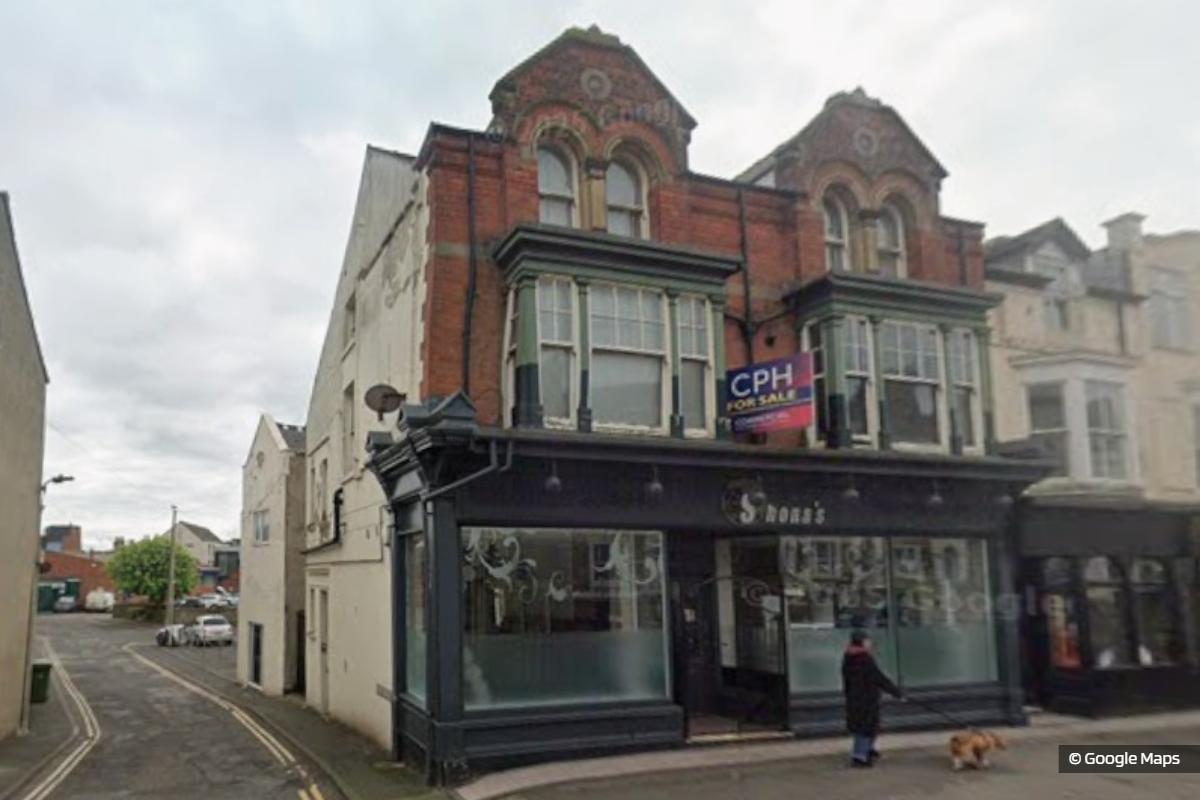 Scarborough Café and Flat Plans Opposed by Town Councillors
Scarborough Café and Flat Plans Opposed by Town Councillors
 Bridlington Town Beaten Again Despite Improved Showing
Bridlington Town Beaten Again Despite Improved Showing








Comments
Add a comment